This week, we’re taking a quick detour into Isaac trolling fans of Michel Foucault-er, the Edo period criminal justice system. How did this system operate, and what considerations are responsible for its approach to justice?
Sources
Botsman, Daniel. Punishment and Power in the Making of Modern Japan.
King, Peter and Richard Ward. “Rethinking the Bloody Code in Eighteenth-Century Britain: Capital Punishment at the Centre and on the Periphery.” Past & Present 228, Issue 1 (August, 2015).
Images
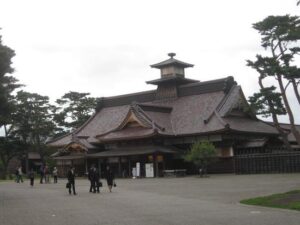
Buildings like this one would have been the venue for ‘trials’, such as they were; essentially interviews by a presiding magistrate and his staff.
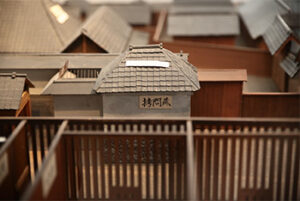

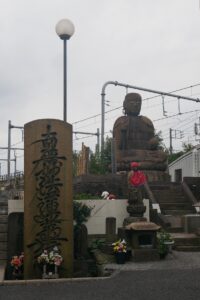
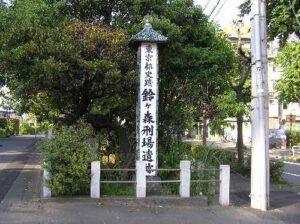
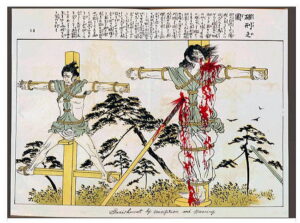
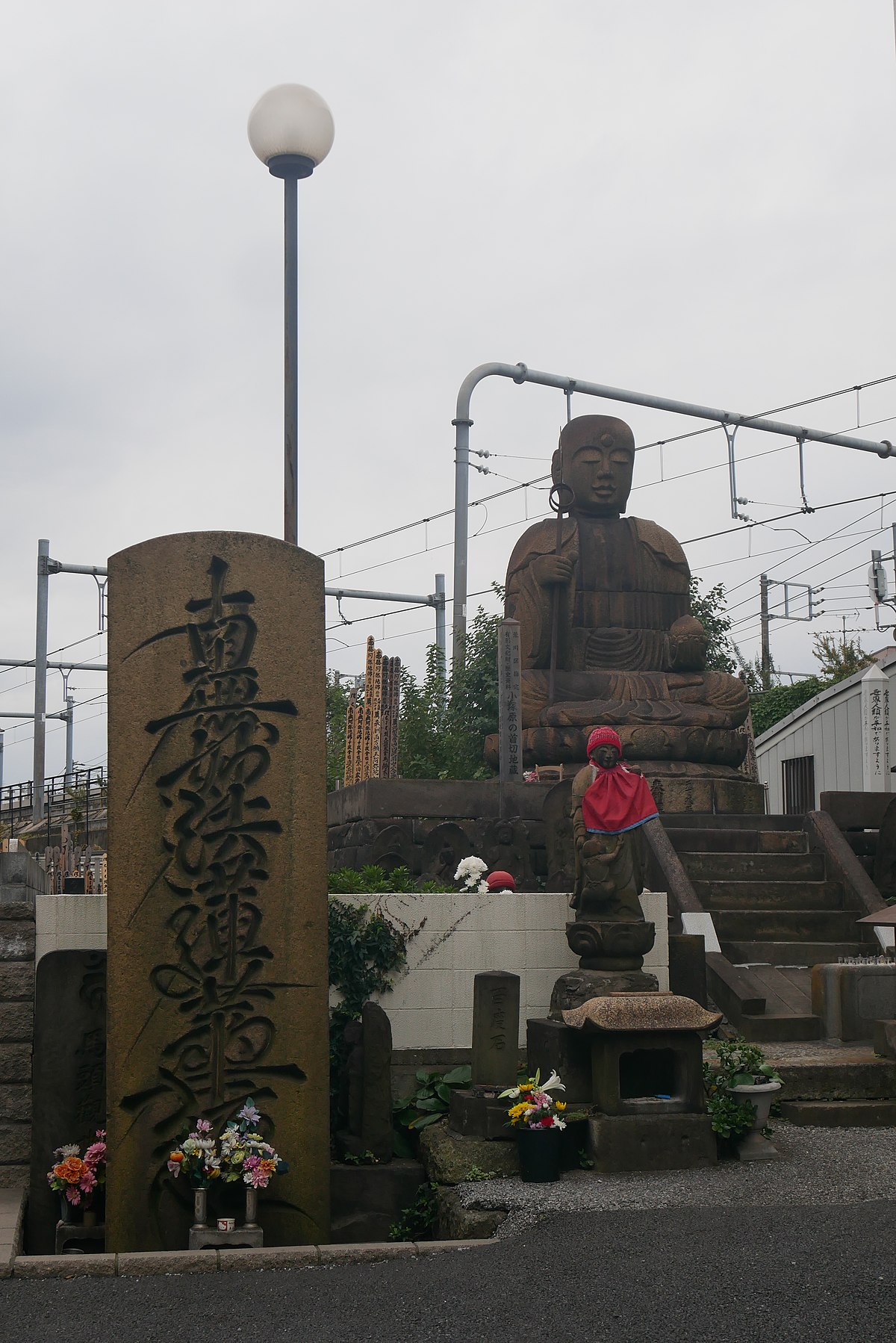
The haritsuke picture that you have is very interesting. It’s imagery is very Christian in nature, reminding me of depictions of Jesus being pierced by the Roman soldier on the cross with a lance.
Did the people who studied “Dutch Learning” have any commentaries on Dutch or other European laws? If so, what did they think of the European systems?
One of the major points in the unequal treaties was the perception that the Japanese criminal justice system was “barbaric” hence the desire for extraterritoriality. Similar to the above question how much did they want to bring the criminal justice system into line with what they saw in Europe and was there pushback to that?